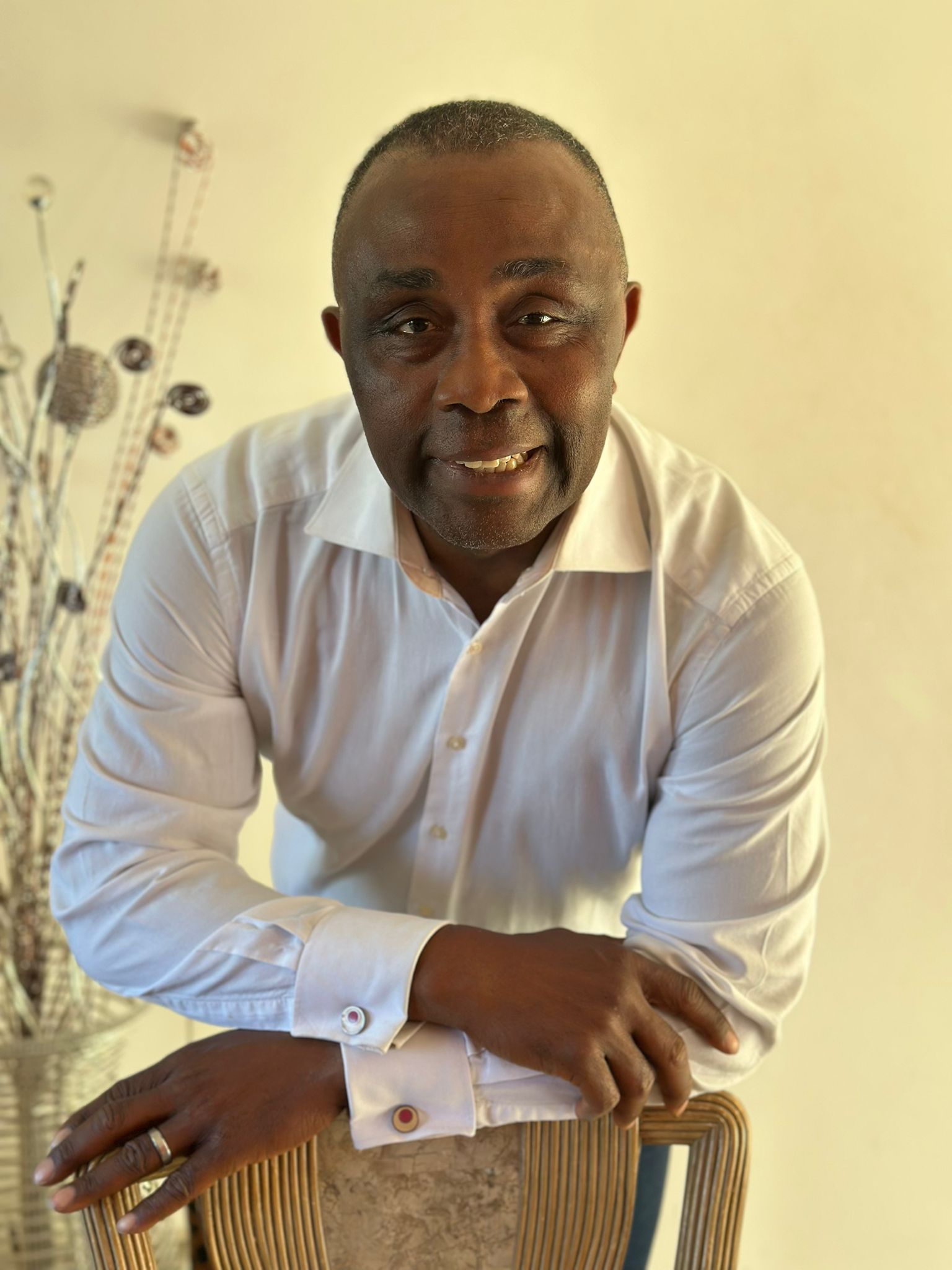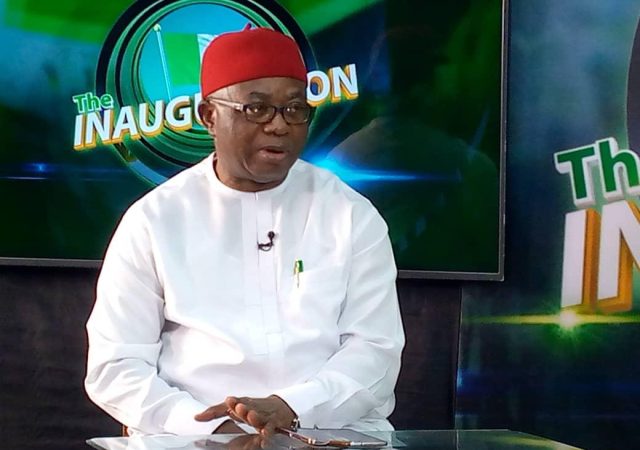
By Collins Nweke
The United States Embassy in Nigeria recently reminded visa applicants that they must now list every social media handle they have used over the last five years on the DS-160 visa form. Applicants must certify that the information provided is true, with the warning that omission could lead to visa denial and ineligibility for future visas.
This announcement has triggered debates about privacy, fairness, and foreign policy. Beyond the immediate concerns for Nigerian travelers, it raises profound questions about how nations are redefining borders in the digital age.
A Policy Rooted in “Extreme Vetting”
This policy is not new. It was introduced in 2019 under President Donald Trump’s “extreme vetting” agenda, which sought to tighten immigration and foreground national security in visa processing. What is new is the Embassy’s emphasis: omit a single handle, even innocently, and you risk permanent ineligibility. What the United States is telling Nigerians is that in today’s world, your social media is part of your international passport. What you say online can determine whether you cross borders.
Trump’s Foreign Policy Concisely
What does this policy say about US foreign policy under Trump? It reflects a security-first lens. Immigration is treated as a threat until proven otherwise. Access to America is framed as a privilege, not a right.
This approach erodes the US image as a land of opportunity and openness. These were the very foundation of its soft power. Instead, it projects suspicion, control, and unilateralism. The US is essentially saying: access to our country is a privilege, not a right. That is a sharp turn from America’s traditional soft power image.

Comparative Perspectives
When compared globally, the United States stands out for making social media disclosure a blanket requirement.
The United Kingdom: selective checks, intelligence-driven, not mandatory for all.
The European Union: emphasis on biometrics and strict data privacy protections, wary of mass surveillance.
Canada: discretionary checks, mainly for asylum and high-risk cases.
China: less upfront disclosure, but intrusive digital monitoring once inside the country.
The message is striking. America’s rivals and allies alike have opted for more balanced or targeted approaches. Washington, however, has institutionalised suspicion. In other words, the US under Trump stands out for compulsory disclosure. Other countries do not go this far. The UK and Canada check selectively, the EU protects privacy, China monitors you once inside.
Impact on Nigerians
For Nigerian applicants, this policy has two consequences. First, it is a warning that online discipline matters. What you post today can affect your mobility tomorrow. Second, it risks alienating young, talented Nigerians who are highly active on digital platforms. Over time, this could reduce the goodwill America enjoys among Africa’s youth. For Nigerians, the lesson is clear: in a connected world, what we post online travels further than we do.
The Bigger Picture
Foreign policy is no longer confined to embassies and treaties. It has moved into cyberspace. Social media trails are now part of border control. The US has chosen control over openness, but in the global competition for brains and influence, this could be costly.
Europe and Asia are positioning themselves as more open destinations. By raising barriers, America, risks pushing African talent elsewhere. It is weakening its influence in one of the world’s most dynamic regions.
Borders are no longer just physical; they are digital too. The United States may believe it is enhancing security by peering into applicants’ online lives. But security without trust is brittle.
If America closes its doors too tightly, others will open theirs wider. And the world’s talent will choose differently. It is fair to conclude that with its visa policy, the US has set the pace in positioning the passport you carry online as the real thing. Not the passport in your pocket. That is the American reality of today’s digital era. But the US will be alone in this.
Collins Nweke is a former Green Councillor at Ostend City Council, Belgium, where he served three consecutive terms until December 2024. He is a Fellow of both the Chartered Institute of Public Management of Nigeria and the Institute of Management Consultants. He is also a Distinguished Fellow of the International Association of Research Scholars and Administrators, where he serves on its Governing Council. He writes from Brussels, Belgium.









